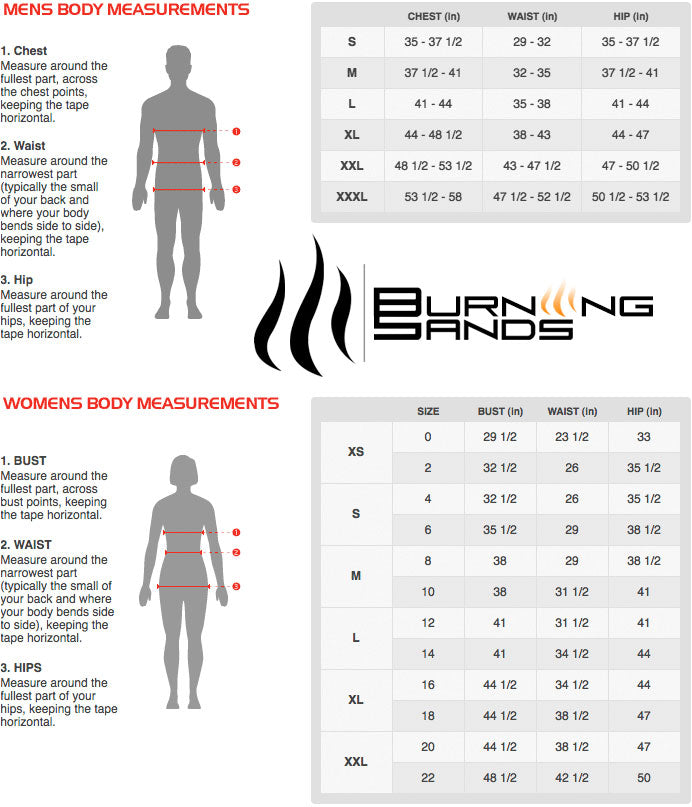Lifting weights = Lose weight: is it true?
Posted by KASSY RAWLS
When it comes to exercising for weight loss, people have always been told to run, swim, cycle or do some other cardio exercise — because they use up the most calories.
An army of trainers and exercise professionals, however, are now recommending weight training for shifting the pounds — for both men and women. Why?
Metabolic Rate
Although the typical 45 minute cardio workout will probably use more calories than the average weights workout there are other factors that will affect your rate of fat loss — not least your metabolic rate.
After a weights workout, your body’s metabolic rate (the rate at which you burn energy) remains elevated for about 36 hours while it rebuilds muscle and makes other adaptations. After cardio it returns back to normal after just a few hours.
Long Term Metabolic Rate
In the long term, both cardiovascular and weight training will increase your metabolic rate if they are performed at the correct intensity, and as long as you eat and rest right.
Weight training, however, stimulates more muscle growth — and muscle uses energy even when it’s resting. This is vital for helping protect you against long term weight gain.
Body Shape

Along with helping you to reduce body fat levels directly weight training can also change your body shape.
And just in case you are a woman and are thinking “But I don’t want to end up looking like a bodybuilder”, you have no need to worry. Packing on a large amount of muscle tissue requires a highly targeted exercise and nutrition plan — even for men.

Men also produce around 20 times as much of the muscle-building hormone testosterone as women, making it almost impossible for women to naturally get as “big” as men.
Adding a bit more muscle mass will improve your definition, again giving the impression of a slimmer physique (although this doesn’t apply in people with very high fat levels, in which case the overall effect is purely one of bulking up).
Hormonal Changes
A significant difference in the effect of weight training and cardio is the hormonal changes they promote within your body.
In both men and women, weight training stimulates the secretion of extra testosterone and growth hormone, boosting recovery and fuelling further muscle growth.
Low testosterone in men is associated with high levels of body fat, diabetes, decreased libido and other health conditions. This issue is more pertinent after the age of 30, whereupon men’s testosterone drops by about 1% each year.
Follow these tips to maximise the weight loss results gained from your upper body weight training sessions:
- Perform compound exercises. Exercises using large muscle groups around more than one joint use more calories and stimulate greater secretion of testosterone and growth hormone.
- Go heavy. When you have built up a certain level of stamina using light weights, it is a good idea to lift heavy. This uses the greatest number of calories and brings the most fitness improvements.
- Work intensively. Maintain a high level of intensity by resting for a minimal time (and not chatting to your mate between sets).
- Eat clever. Time your nutrition to coincide with the body’s highest need i.e. within 45 minutes of training, when your uptake of nutrients is at its most efficient.
- All-body workouts. Training all the muscle groups, as opposed to training specific muscle groups on certain days (known as split routines), provokes more fat loss and muscle growth.
Other health benefits
Weights also have other proven health benefits:
- Increases in bone density and strength, preventing diseases like osteoporosis (particularly important for women).
- Stabilises blood sugar (preventing Type 2 diabetes).
- Decreases blood pressure and helps to prevent cardiovascular disease.
- Decreases the incidence of certain types of cancer.
- Benefits psychological health by releasing stress-busting hormones.
- Provides a sense of achievement gained from improving strength and body shape.




